The Book of Kells is one of Ireland's most treasured manuscripts. Tourists flock to Trinity College Dublin to view its beautifully illustrated pages. But did you know Trinity is also home to a vast collection of other medieval manuscripts?
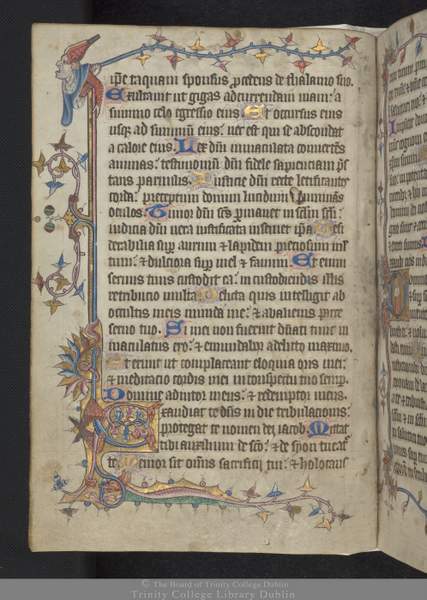
Table of Contents
Lecture Series by Trinity College Dublin
This week I was alerted to a new lecture series planned for the coming months. If you happen to love history and might find yourself in Dublin very soon you might enjoy one or two of these lectures.
And so, let me hand you over to the good folk at Trinity who will introduce this digitization program and lecture series.
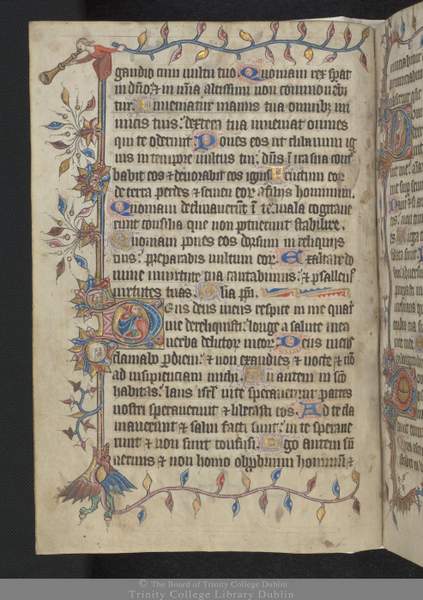
From supersized hymn books to an early version of the Táin: Trinity College Dublin offers the public a rare window into the medieval world.
Eight remarkable and rarely-seen medieval manuscripts will be introduced to the world through a public lecture series and digitization project organized by the university.
Manuscripts teeming with grotesque beasts, heretical English translations of the bible and the precious book that introduced St Patrick to the world are among medieval manuscripts to be introduced to a global audience next month as part of a lecture series and accompanying digitisation project at Trinity College Dublin.
Medieval Manuscripts at Trinity College, Dublin
To over 600,000 visitors a year, Trinity is synonymous with the Book of Kells. But that ninth-century manuscript is only part of the story.
The Library at Trinity College is home to six hundred medieval manuscripts ranging in date from the fifth century to the sixteenth. This comprehensive collection offers a rare window into the mysterious world of medieval thought.
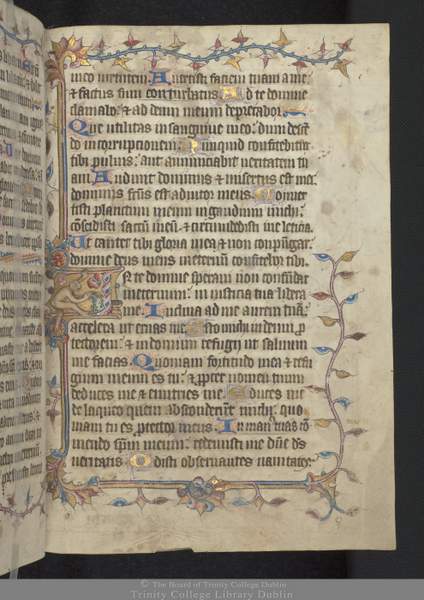
Starting from next month Irish and international experts will introduce the public to eight of these rarely-seen medieval texts through a free monthly public lecture series entitled “Beyond the Book of Kells” commencing on Tuesday, October 3rd in Trinity Long Room Hub Arts and Humanities Research Institute.
In addition, the eight manuscripts are being digitized in full to coincide with the series and will be published online before each lecture to allow the public to examine them in advance. More details are available here.
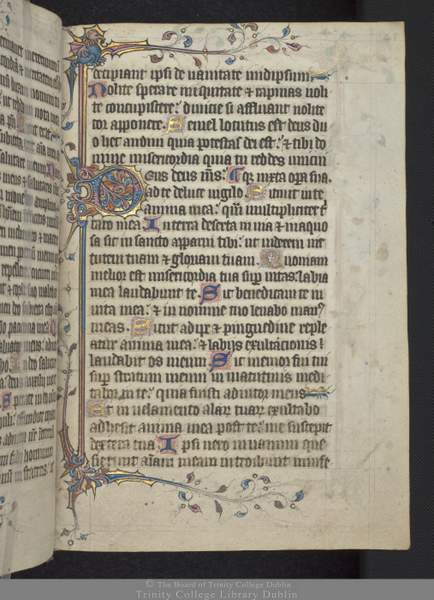
Manuscripts included in the “Beyond the Book of Kells” project include a half meter tall 15th century choir book which, before the invention of the printing press, allowed members of the choir to sing from the same hymn sheet.
Other manuscripts include the Book of Armagh – the medieval text that tells us most of what we know about St Patrick – and the Book of Leinster which contains the largest collection of Irish myth and history from before the 12th century including one of three surviving copies of the Táin.
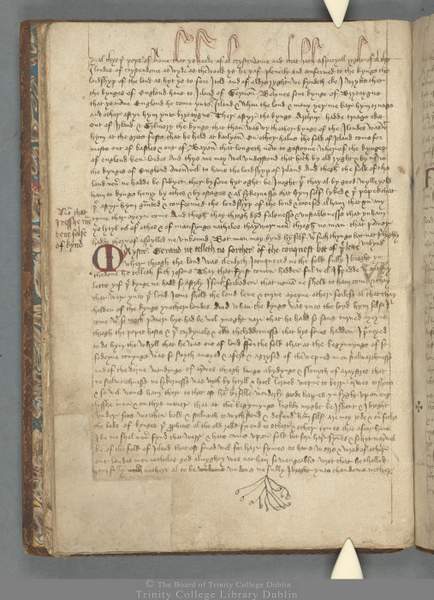
There’s the historical manuscript made for a late medieval Anglo-Irish family with its margin notes about the treachery of their colonial subjects and the late medieval translations of the Bible into English, controversial if not illegal at the time, which predate Vatican II’s rejection of Latin in the 1960s by almost 600 years.
Also included is the copy of the sprawling Middle English poem Piers Ploughman with a biographical note at the end, without which its author William Langland would be little more than a name.
Dr Mark Faulkner, Ussher Assistant Professor, School of English, Trinity, commented:
“Trinity’s extraordinary collection of medieval manuscripts survives mostly thanks to James Ussher, a Dublin native and scholar who rose to become primate of Ireland as archbishop of Armagh. Unlike other manuscript collectors who often bought everything they could lay their hands on, Ussher worked more like a stamp collector, eager to have one of every type. As a consequence Trinity’s collection of manuscripts is unusually coherent, embodying in microcosm the entire breadth of medieval thought.”
Helen Shenton, Librarian and College Archivist, Trinity, added: “We’re committed to widening knowledge of, and virtual access to, this great collection of medieval manuscripts which Trinity College Dublin stewards on behalf of the nation.
Each volume is written by hand and is uniquely illustrated. Each newly digitized volume reveals hidden layers of history, politics, art history, philosophy, morality, religion which both illuminate our past and have unexpected resonance for today.”
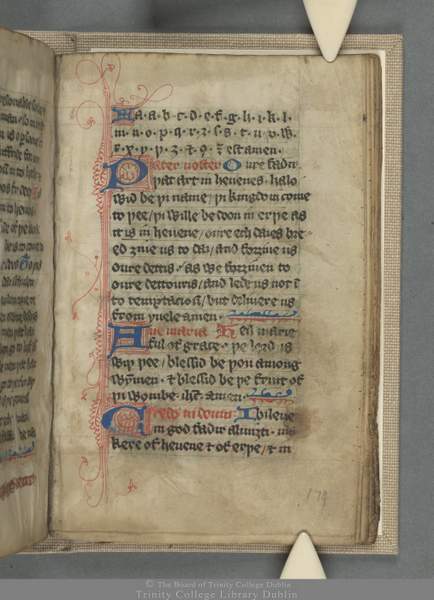
Medieval Irish Books
Manuscripts featured in the project include:
The Book of Leinster – This manuscript contains the largest collections of Irish myth and history from before the twelfth century, including one of three surviving copies of the Táin and the earliest personal letter in Irish. It is an unparalleled witness to Irish learning before the arrival of the English.
The Book of Armagh – As probably Trinity’s most important manuscript after the Book of Kells, the ninth century Book of Armagh contains not only the earliest text of the New Testament from Ireland, but also a suite of works without which Ireland’s patron saint, Patrick, would be almost unknown.
A fifteenth-century Irish Antiphoner – Almost half a metre tall, this manuscript is a fine example of a late medieval choir book, one of the few to survive from Ireland. Beside music for services for saints Patrick, Canice and Bridget, it records the commemorations of numerous other all but forgotten Irish saints, including Magnan of Kilmainham.
14th century Psalter and Hours – Teeming with dragons, monkeys and grotesque beasts this lavish manuscript offers a window into complex religiosity of the late medieval English aristocracy.
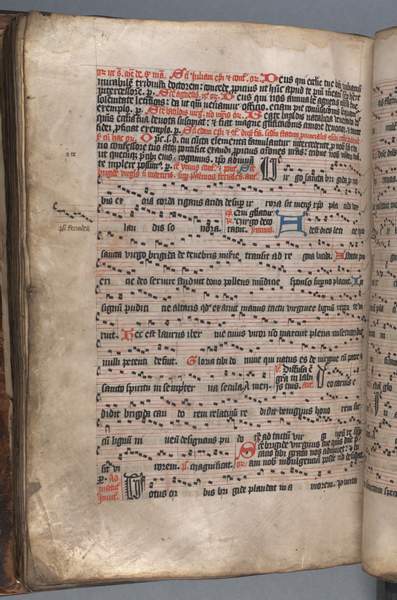
British Manuscripts
A Wycliffite Psalter – This manuscript, which introduces the fundamental tenets of the Christian faith and text of the psalms in English, represents an early attempt to democratise access to scripture, at a time when there was the danger such activity would be condemned as heretical.
A Hiberno-English translation of Gerald of Wales’ On the Conquest of Ireland –Gerald of Wales was perhaps the principal propagandist of the twelfth-century English invasion of Ireland. This 15th century translation, apparently written for an Anglo-Irish audience, comes complete with marginal notes offering warnings against Irish treachery.
Piers Plowman – Perhaps the greatest medieval English poem, William Langland’s Piers Plowman is an astonishingly rich and searching exploration of what it takes to live rightly in a society corrupt and corrupting. This manuscript is especially significant for containing early biographical information about the poet himself.
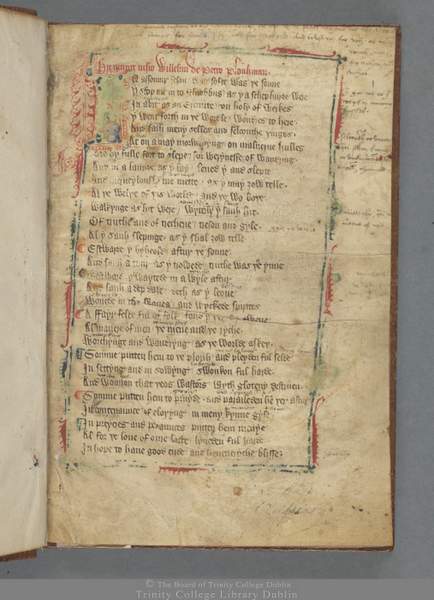
A Twelfth-Century Bede from Bury – Bede’s eighth-century Ecclesiastical History of the English People and an eleventh-century treatise on the resting places of English saints – was typical of the type of works which English monasteries filled their libraries with after the Norman Conquest being central to the Norman invaders’ interactions with the religious history of their new territory, providing nothing less than a holy geography of England.
The lecture series is led by Dr Faulkner from the School of English and is part of the Manuscript, Print, and Book Cultures research theme, in association with the Trinity Long Room Hub Arts and Humanities Research Institute, the Faculty of Arts, Humanities, and Social Sciences, and the Library of Trinity College Dublin.
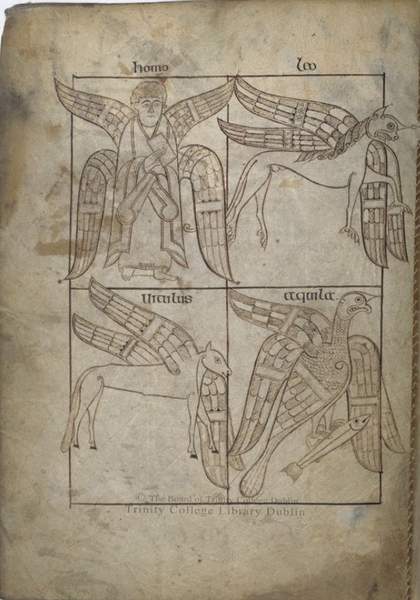
The “Beyond the Book of Kells” monthly lecture series will commence on October 3rd with a lecture by Dr Laura Cleaver, Ussher lecturer in Medieval Art, on TCD MS. 92: An Illuminated Psalter and Hours – a lavishly illustrated manuscript that offers a window into complex religiosity of the late medieval English aristocracy. All lectures in the series will be available via podcast after the event.
Thank You To Trinity College Dublin
Many thanks to Trinity College Dublin, my alma mater, for sharing this interesting project with us today. I appreciate being able to share photographs of these rare and important manuscripts with the university's permission.
And so, if you happen to be in Dublin in October, why not check out one of these lectures.

Slán agus beannacht,
(Goodbye and blessings)
Mairéad -Irish American Mom
Pronunciation - slawn ah-gus ban-ock-th
Mairéad - rhymes with parade
Other posts you might enjoy ....
Irish Expressions Of Gratitude For Thanksgiving
How To Steam A Christmas Or Plum Pudding In A Crockpot




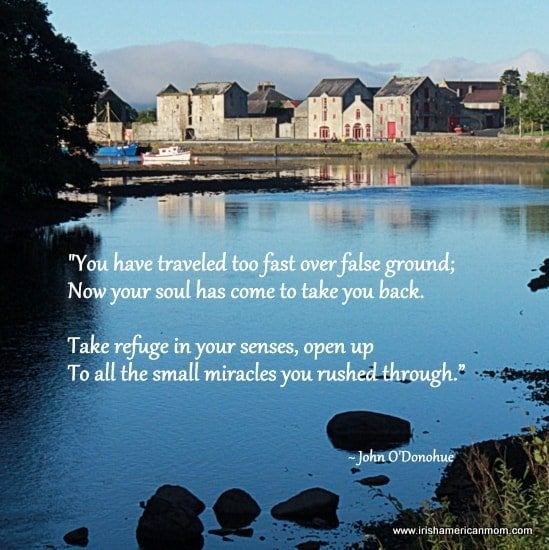
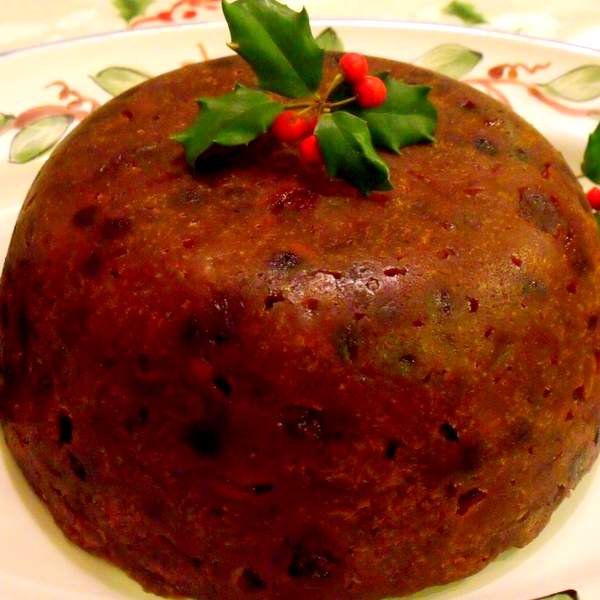




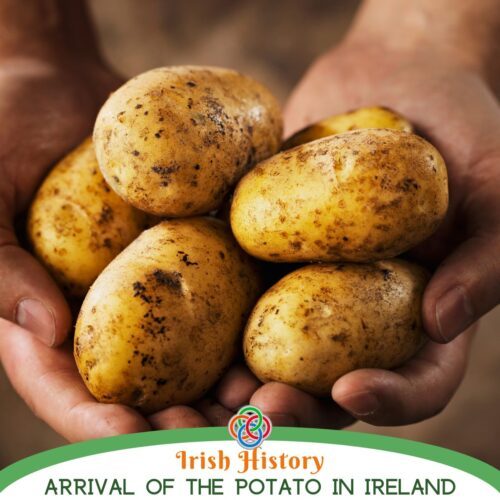







Maury
This sounds fascinating! I love the illustrated manuscripts...I was blessed to have held the Book of Kells in my hands when I was in Dublin....a very long time ago!!! How I wish I could attend!
Isadora Guidoni
Wow, this sounds incredible! The manuscripts looks so impressive, and I really wish I could attend those lectures!
Irishnannie
omgosh, Mairead*! This is incredible!
You are so grand in the information you funnel on to those of us who love to learn about these things!
What an extraordinary service to the world Trinity College is accomplishing!
Thank you and God bless you, Mairead* and thank you and God bless all at Trinity College who have
participated in this effort!
Irish American Mom
Ireland truly has a rich history and it's lovely to learn how these treasures are being preserved and shared.
Best wishes,
Mairéad